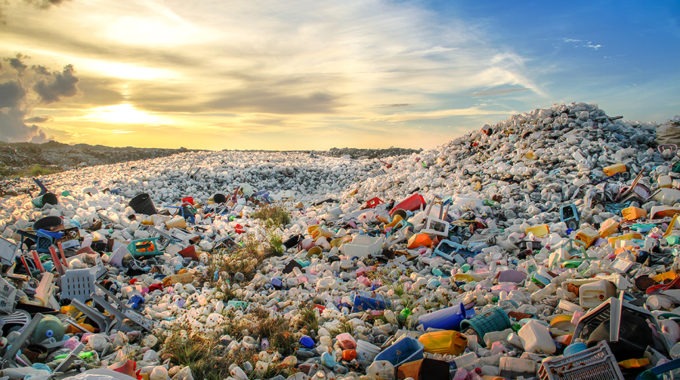No time to waste on plastic pollution
Today is the first day of the rest of your life. It’s also the first day of Plastic Free July – an Australian-initiated global movement that aims to bring an end to plastic pollution so all living things can enjoy a cleaner, more beautiful environment. More than 325 million people are taking part in the initiative, so why not join them? You can make this first day of the rest of your life the day you said “no” to unnecessary plastic waste for good.
Australians currently consume one million tonnes of single-use plastic. Every. Single. Year. On average, we use 130 kilograms of plastic per person each year, and only nine percent of that’s recycled. From plastic bottles to polystyrene packaging, we’re creating plastic-packed mountains of pain for an environment that’s already struggling, as well as wasting materials that could be reused to make new products.
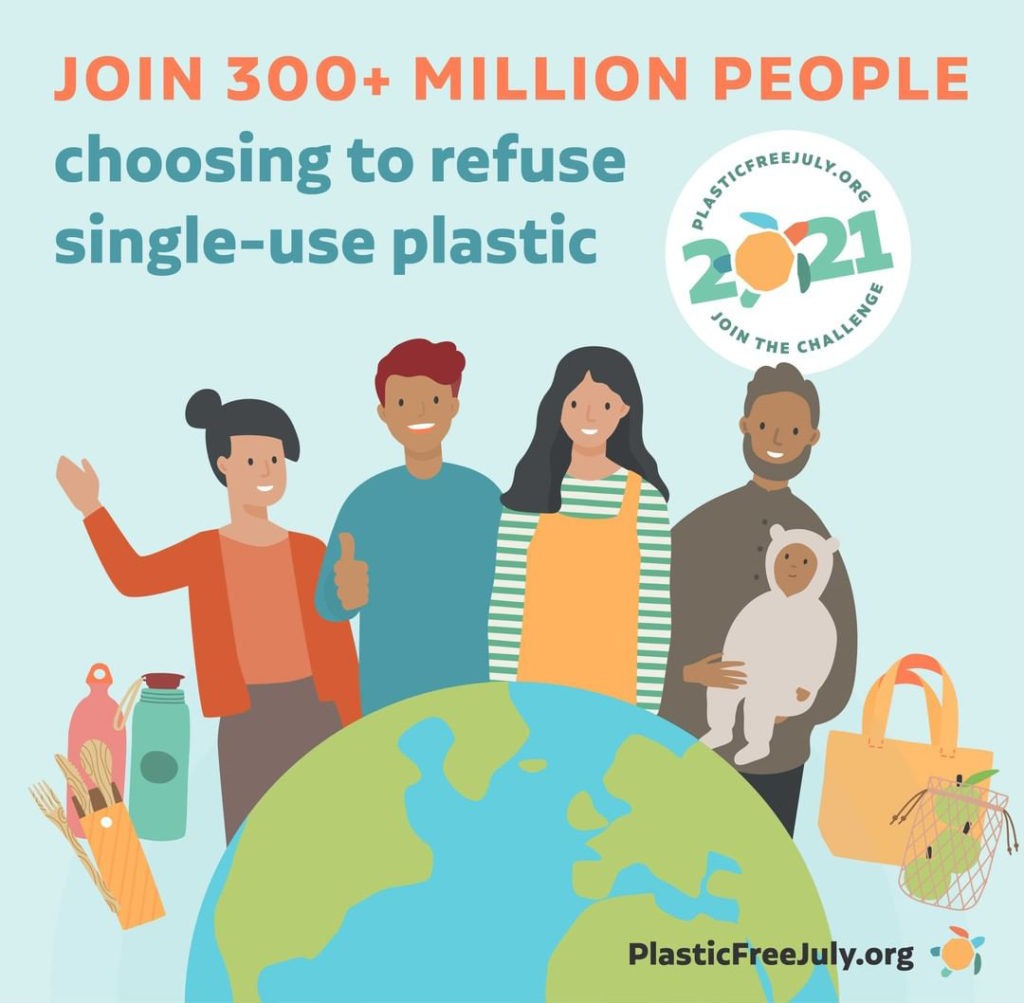
Plastic Free July was created to change all this. It’s a key initiative of the Plastic Free Foundation, an independent, not-for-profit organisation established in 2017. According to the Plastic Free Foundation Impact Report 2020, last year, Plastic Free July participants:
1. Reduced their household waste and recycling by 21kg per person per year (almost 5%)
2. Contributed to a total saving of 900 million kilograms of plastic waste
3. Are more 15% more likely to reduce waste
4. Made plastic-free changes that have become their way of life
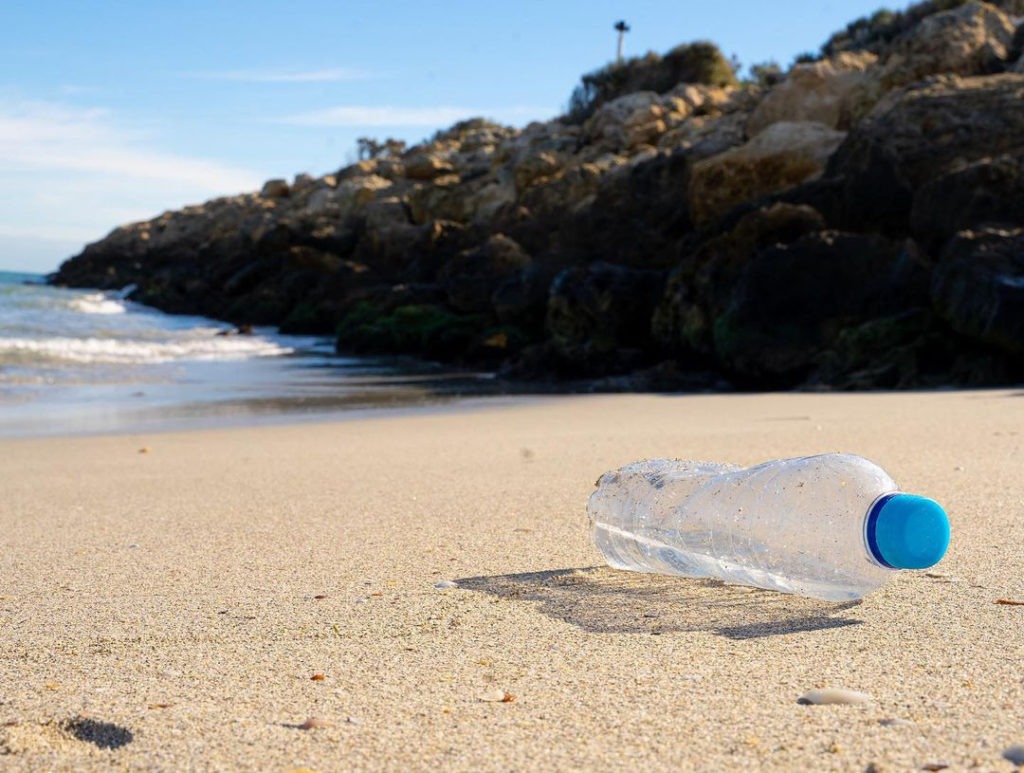
Taking action
It’s not just individuals doing their bit to address plastic pollution and waste. Governments at all levels and major retailers are also finally taking steps to tackle the problem.
In February, the Victorian government announced a phase out and ban of specific single-use plastics by 2023. The federal government then launched Australia’s first National Plastics Plan in March. Just last month, the New South Wales government announced their plan to drastically cut the amount of plastic that ends up in landfill by 2025. This was trumped by the Western Australian government announcing it will ban single-use plastic and disposable items by the end of 2021. And as of today, Coles has removed all plastic tableware from shelves; Woolworths will remove all plastic tableware from October.
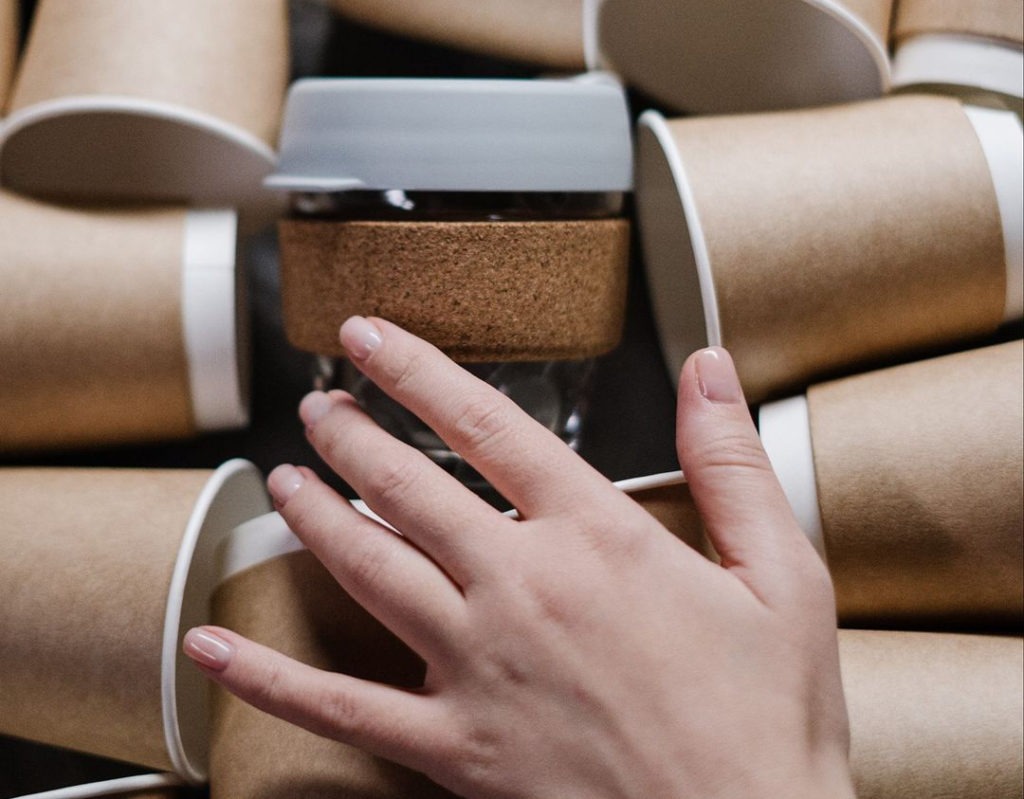
What you can do to help reduce plastic pollution
Cutting out plastic waste is a lot easier than you might think. It’s just a matter of taking small steps each day that will end up making a big difference. Over time, those small actions will become automatic habits. Then, before you know it, you will have drastically reduced the amount of plastic you consume. Here are some ideas to get you started.
Say no to takeaway coffee cups
Most coffee cups aren’t recycled, or recyclable. So choose to refuse single-use takeaway cups, and start bringing your own reusable cup. Go for environmentally-friendly reusable cups made of ceramic, glass or stainless steel. Or just bring a mug or even a jar from home. You can also encourage your local cafe to become a part of the Responsible Cafe network.
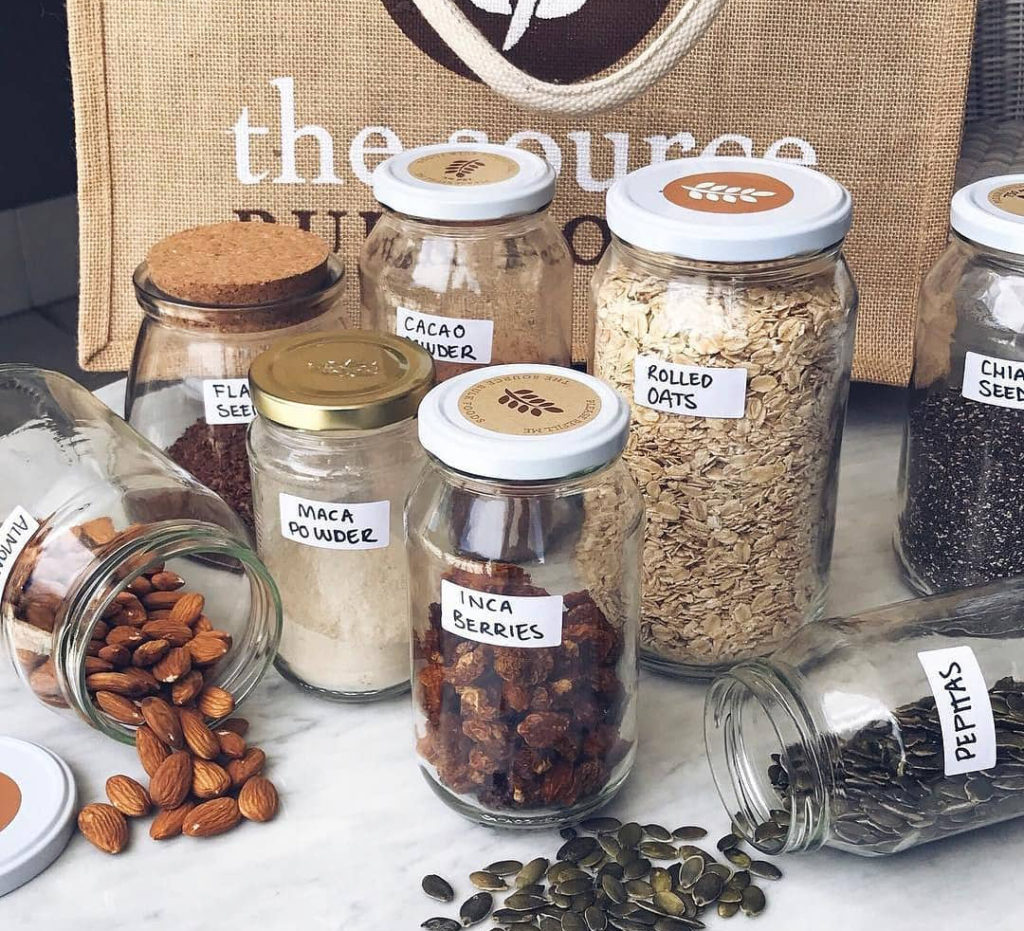
Try bulk food shopping
You can avoid pre-packaged food by shopping at a bulk food store. You can also choose to shop at your local farmers’ market or organic food store, where plastic packaging and bags are rarely – if ever – used. If you’re buying loose fruit or vegies at the supermarket, you really don’t need to use a separate plastic bag for each item – a habit so many people do without even thinking. Bring your own reusable bags from home instead.
Stop using plastic shopping bags
Plastic bags are incredibly dangerous to wildlife and the environment. They’re also totally unnecessary – it’s so easy to bring your own reusable bags. Keep a stash of reusable bags in the car or by the front door so you never forget them, or add “reusable bags” at the top of your shopping list as a handy reminder. You can also check out Boomerang Bags – a global initiative that diverts waste fabric from landfill and turns it into reusable bags.
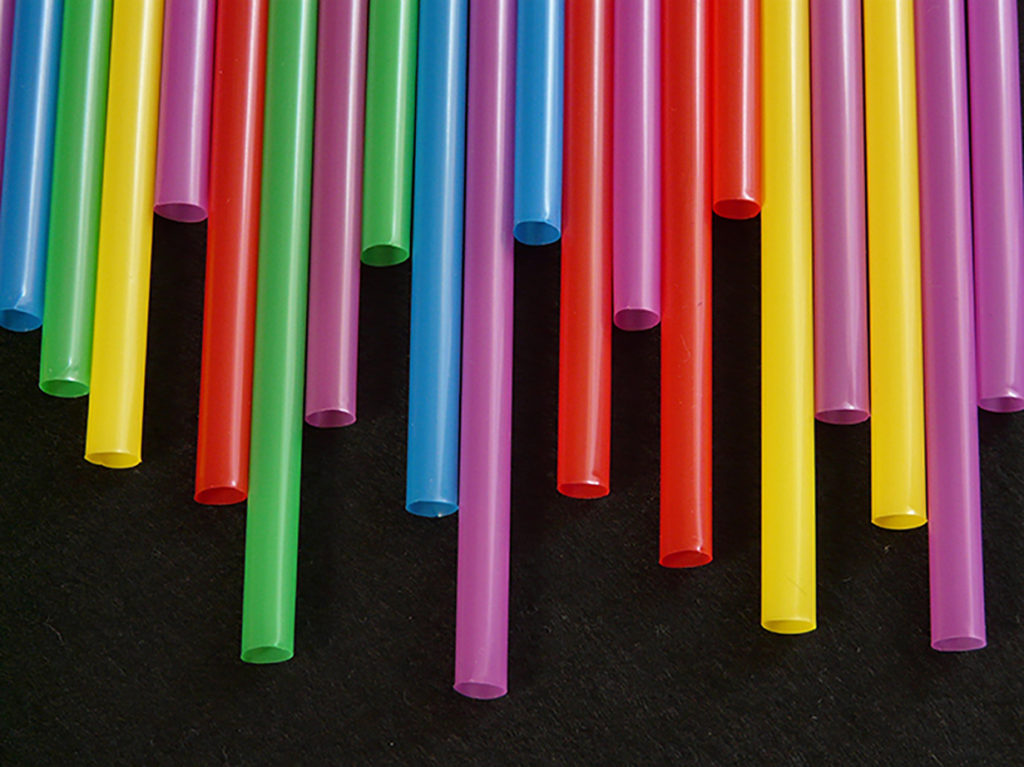
Skip the straw
Many bars and cafes are still putting plastic straws in their drinks. When you order your drink, make sure you ask that they don’t give you a straw. Easy. Just remember that some people – such as those with a disability – do need straws to drink, so don’t get all judgy and leap to conclusions every time you see someone using a straw.
Try smarter food storage
Most homes have a box of plastic cling wrap lurking around somewhere, but there are plenty of alternatives that are just as good, and won’t choke up our oceans. Store food in reusable containers, or invest in some silicone bowl toppers, wax wraps (you can even make your own) and washable cloth bags. You could also go for Great Wrap – a fully compostable, Australian-made cling wrap that’s made from food waste.
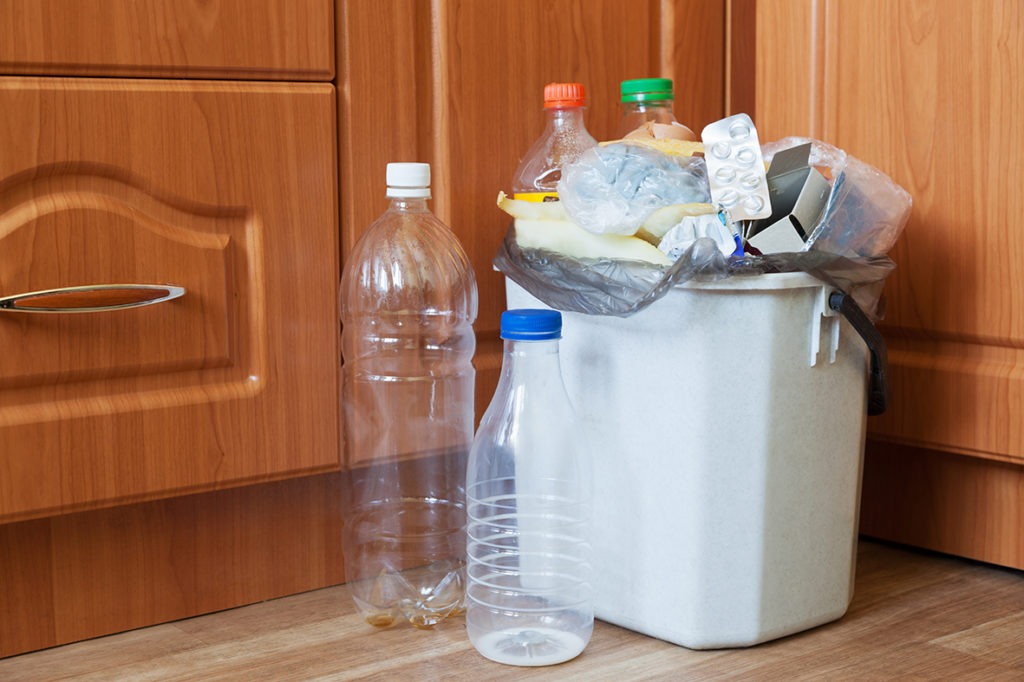
Rethink your bin
Stop buying plastic bin liners and start thinking more creatively. Even reusing old plastic bags as bin liners isn’t helpful, as it still ends up in landfill. Instead, try lining your bin with newspaper, buy certified compostable bin liner bags or just put waste straight into an unlined bin and then wash it out when you empty it. You can also try doing a “bin audit” – take stock of everything in your bin that could be reused, recycled or composted.
Want to join the 326 million people worldwide who are saying no to plastic pollution? You can take the Plastic Free July challenge by clicking here.


